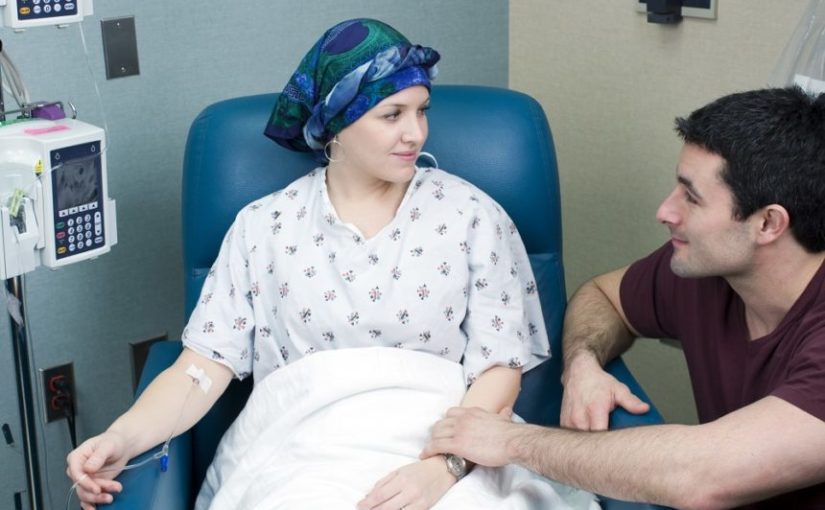By Christina Bennett, MS
Patients with LGSC also had a significantly lower partial response rate with neoadjuvant therapy compared with patients with HGSC.
Patients with low-grade serous carcinoma of the ovary or peritoneum (LGSC) developed chemoresistance to neoadjuvant platinum-based therapy, reported a single-institution study in Gynecologic Oncology.
Using a longitudinal database, study researchers identified 36 patients with LGSC who received neoadjuvant therapy between 2003 and 2018 at MD Anderson Cancer Center. Houston, Texas. Patients were matched to a convenience sample of 36 patients with high-grade serous carcinoma of the ovary or peritoneum (HGSC) who received neoadjuvant therapy and were identified using an institutional database.
All patients were treated with neoadjuvant platinum-based chemotherapy and received a similar median number of cycles: 5 cycles for LGSC (range, 3-9 cycles) and 4 for HGSC (range, 3-9 cycles).
Although a similar proportion of patients with LGSC and HGSC underwent interval cytoreductive surgery (81% vs 89%, respectively), complete cytoreduction was achieved in a significantly lower proportion of patients with LGSC compared with HGSC (38% vs 75%, respectively; P =.002). Patients with LGSC also had a significantly lower partial response rate with neoadjuvant therapy compared with patients with HGSC (11% vs 75%, respectively); no complete responses were seen.
Patients with LGSC did achieve a 52% decrease in CA-125 levels after treatment, which was statistically significant (P <.001), but the drop was less pronounced than the 96% decrease seen among patients with HGSC (P <.001).
“This study provides further evidence of relative chemoresistance of LGSC in patients treated with [neoadjuvant therapy] NACT,” the study authors concluded.
Previously the study authors showed that among 24 patients with LGSC treated with neoadjuvant chemotherapy, only 1 patient (4%) achieved a response, which was a complete response.
“This does not suggest that we should abandon neoadjuvant treatment altogether,” the study authors cautioned. “Instead, this is further evidence that we are in serious need of novel therapies for LGSC patients that extend beyond traditional platinum-based chemotherapy.”
This article was published by Cancer Therapy Advisor.


